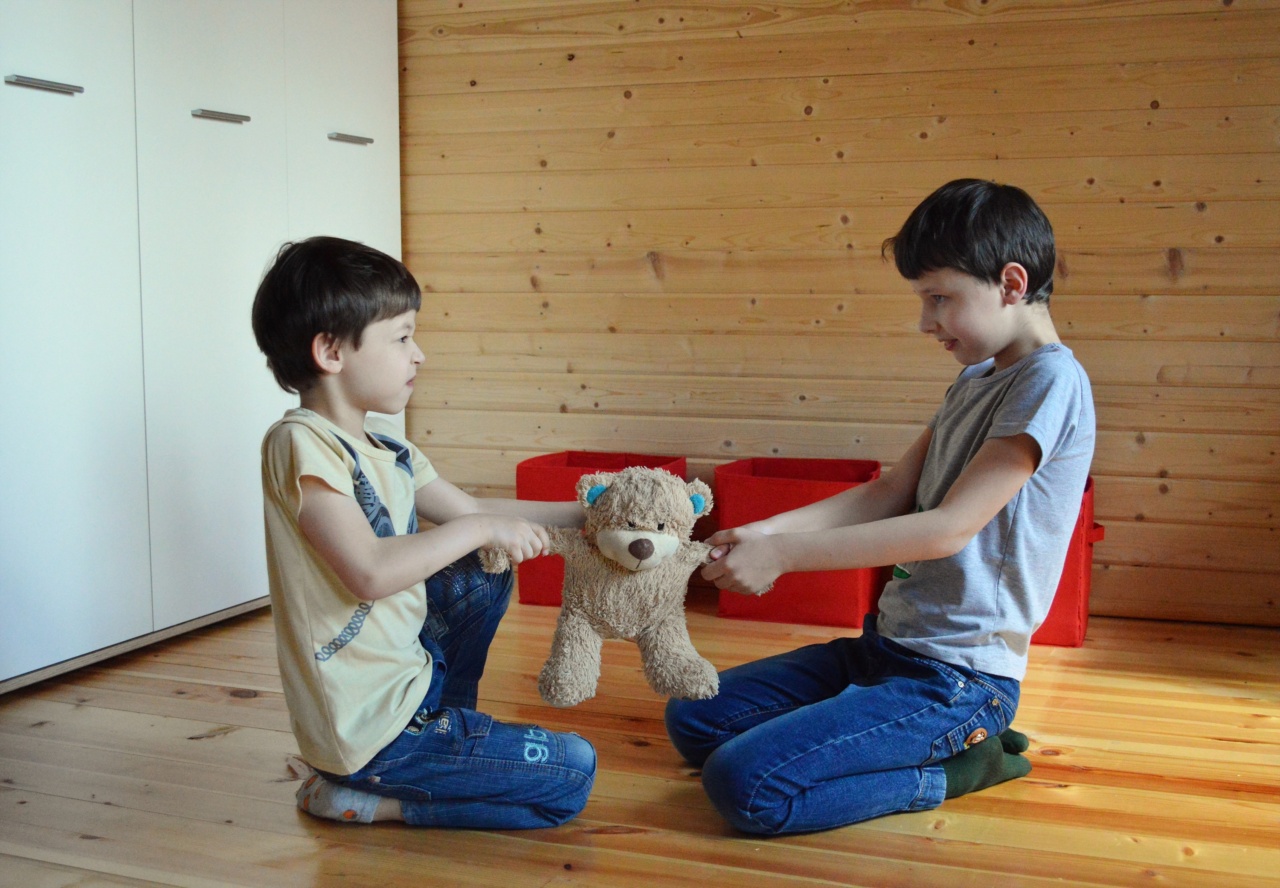Sharing is an essential social skill that children need to develop as they grow. It is not uncommon for young children to struggle with sharing, as they are naturally possessive of their belongings and may not fully understand the benefits of sharing.
However, it is important for parents and caregivers to teach their children the value and importance of sharing from an early age.
Why is sharing important?
Sharing is a fundamental aspect of building positive relationships with others. When children learn to share, they develop empathy, consideration for others, and a sense of cooperation.
Sharing also promotes social interaction and helps children to develop important communication and negotiation skills. It teaches them to take turns, compromise, and respect others’ boundaries. These skills are crucial for success in school, friendships, and other social settings.
Reasons why children struggle with sharing
1. Developmental stage: Young children, especially toddlers, are naturally possessive of their belongings. They may not understand the concept of sharing yet, as their cognitive and social skills are still developing.
2. Fear of losing things: Some children struggle with sharing because they fear that they will never get their toys or belongings back. They may have experienced situations in which they lent something to someone and never got it back.
3. Lack of practice: If children are not given enough opportunities to share or if they do not see adults around them modeling sharing behavior, they may find it more challenging to develop this skill.
4. Limited perspective-taking ability: Young children often have difficulty understanding other people’s feelings and perspectives. They may struggle to see the benefits of sharing or understand how their actions impact others.
5. Attention-seeking: Some children refuse to share as a way to gain attention or maintain control over a situation. They may feel that holding onto their belongings gives them a sense of power and importance.
Tips for helping your child with sharing
1. Lead by example: Show your child the importance of sharing by being a good role model. Share your own belongings and involve your child in activities that require sharing.
2. Start early: Introduce the concept of sharing as early as possible. Encourage your child to share toys with siblings or friends during playdates.
3. Be patient and understanding: Understand that sharing is a gradual process. Instead of forcing your child to share all the time, start with small steps and praise them for their efforts.
4. Offer alternatives: If your child is reluctant to share a particular toy, provide alternative options that they can share instead. This helps them feel a sense of control while still promoting sharing behavior.
5. Teach empathy: Help your child develop empathy by talking about how their actions can make others feel. Encourage them to imagine how they would feel if someone refused to share with them.
6. Encourage turn-taking: Teach your child the concept of taking turns and waiting for their chance. Set timers or use a visual aid to make turn-taking more tangible.
7. Use positive reinforcement: Praise and reward your child when they make an effort to share. Positive reinforcement encourages them to continue the behavior.
8. Provide opportunities for sharing: Create situations where your child has to share, such as group activities or sharing snacks with friends. This helps them see the benefits of sharing and improves their skills.
9. Teach problem-solving: Help your child develop problem-solving skills by encouraging them to find fair solutions when conflicts arise over sharing.
10. Be consistent: Consistency is key when teaching any skill. Set clear expectations about sharing and follow through with consequences if your child refuses to share without good reason.
Conclusion
Sharing is an important social skill that children need to learn and develop. While it is common for children to struggle with sharing, it is crucial for parents and caregivers to provide guidance, patience, and understanding.
By teaching children the value and importance of sharing, we are equipping them with essential skills that will benefit them throughout their lives.






























